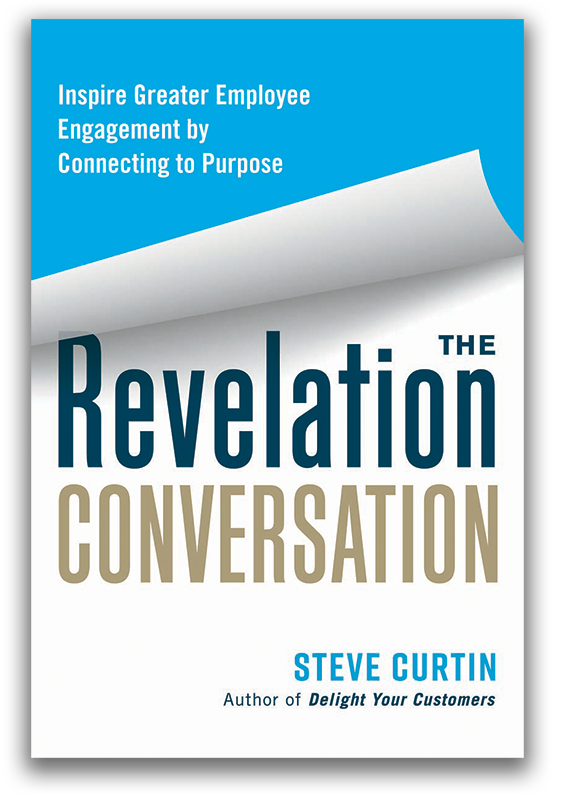 This customer service blog attracts all types, ranging from engaging customer service advocates to crotchety curmudgeons.
This customer service blog attracts all types, ranging from engaging customer service advocates to crotchety curmudgeons.
An advocate is defined as a person who speaks or writes in support or defense of a person or cause. Advocates contribute productively by offering supportive and, sometimes, divergent views on a variety of customer service topics with the intent to further the conversation.
A curmudgeon is defined as an ill-tempered person full of resentment and stubborn notions. Curmudgeons seem to relish in opposing seemingly benign suggestions to enhance customer service with the intent to expose customers as the calculating enemy.
You will recognize them by their attributes. For instance, curmudgeons:
- complain frequently
- can always tell you why something won’t work
- rarely, if ever, offer any type of solutions
- roll their eyes—a lot
- lower morale
- undermine productivity
- likely do not have a best friend at work (with the possible exception of another curmudgeon)
- devalue hard working employees by calling them goodie-goodies, brown-nosers, or suck-ups
- love to refute the platitude, “The customer’s always right” by recounting the story about that one customer in 2005 who was rumored to have planted a bug in his salad to avoid paying for his meal
- distrust customers; assume they are out to get something for nothing
- enjoy using labels such as “cheapskate” and “tightwad” and “difficult” to describe certain customers
- avoid going out of their way for customers by saying things like, “If you do it for one customer, then you have to do it for all customers!”
- justify disallowing exceptions, regardless of circumstances, by citing policy or precedent
- say, “That’s not my job.”
- are disaffected by telling customers “No” or “You can’t…” or “It’s against company policy”
- are suspicious of headquarters initiatives
- think they are above attending training classes
- have a false sense of competency about their ability to provide exceptional customer service
- feel entitled to tips, raises, or desirable schedules
- are unhappy in their present job roles but unqualified for positions of greater responsibility (Although some curmudgeons hold advanced degrees and are technically qualified for promotions, their negative attitudes hold them back.)
- watch the clock for their next break
- do just enough to get by
- can’t wait for their shifts to end so they can go home and complain about their coworkers and customers
- seem to forget where the money came from to buy last night’s dinner or their child’s last pair of shoes
I can say with confidence that every customer service curmudgeon who has left a blog comment at my website or elsewhere is, at the very least, conflicted. Here’s the proof: If these curmudgeons printed their blog comments and brought them along to their latest job interviews as reflections of their attitudes toward customers and customer service, they’d likely be unemployed.
But instead, what they chose to do during their job interviews was smile a lot and tout the importance of customers while responding to hypothetical questions by affirming how, when hired, they would “go the extra mile” and “do whatever it takes” to satisfy customers.
Although curmudgeons will gladly collect their biweekly pay and spend freely on food, clothing, transportation, entertainment, education, childcare, and other expenses, they will continue to openly resent the source of their incomes: paying customers. And that’s shameful.
It’s astonishing to me that these discontent employees appear to have no concept of where their pay originates. Just because their paychecks are drawn from anonymous out-of-state company bank accounts, doesn’t mean they originated there. In truth, their paychecks resulted from a customer who paid $4 for his latte or a customer who swiped a bankcard for her groceries or a customer who wrote a check to pay for his vehicle’s maintenance.
I’m sure I sound a bit like Howard Beale, the network news anchor from the 1976 movie, Network who, after an impassioned diatribe about the current state of our society, said, “I’m as mad as hell, and I’m not going to take this anymore!”
But that’s okay. I’ll continue to use this blog to recognize exceptional customer service providers, engage with advocates in support or defense of a position, and challenge curmudgeons to recognize their responsibility (something most curmudgeons try to avoid) to provide exceptional customer service.
Like Beale, I’d prefer not to stand by idly as the unfortunate current state of customer service becomes mainstream or, worse, acceptable.

